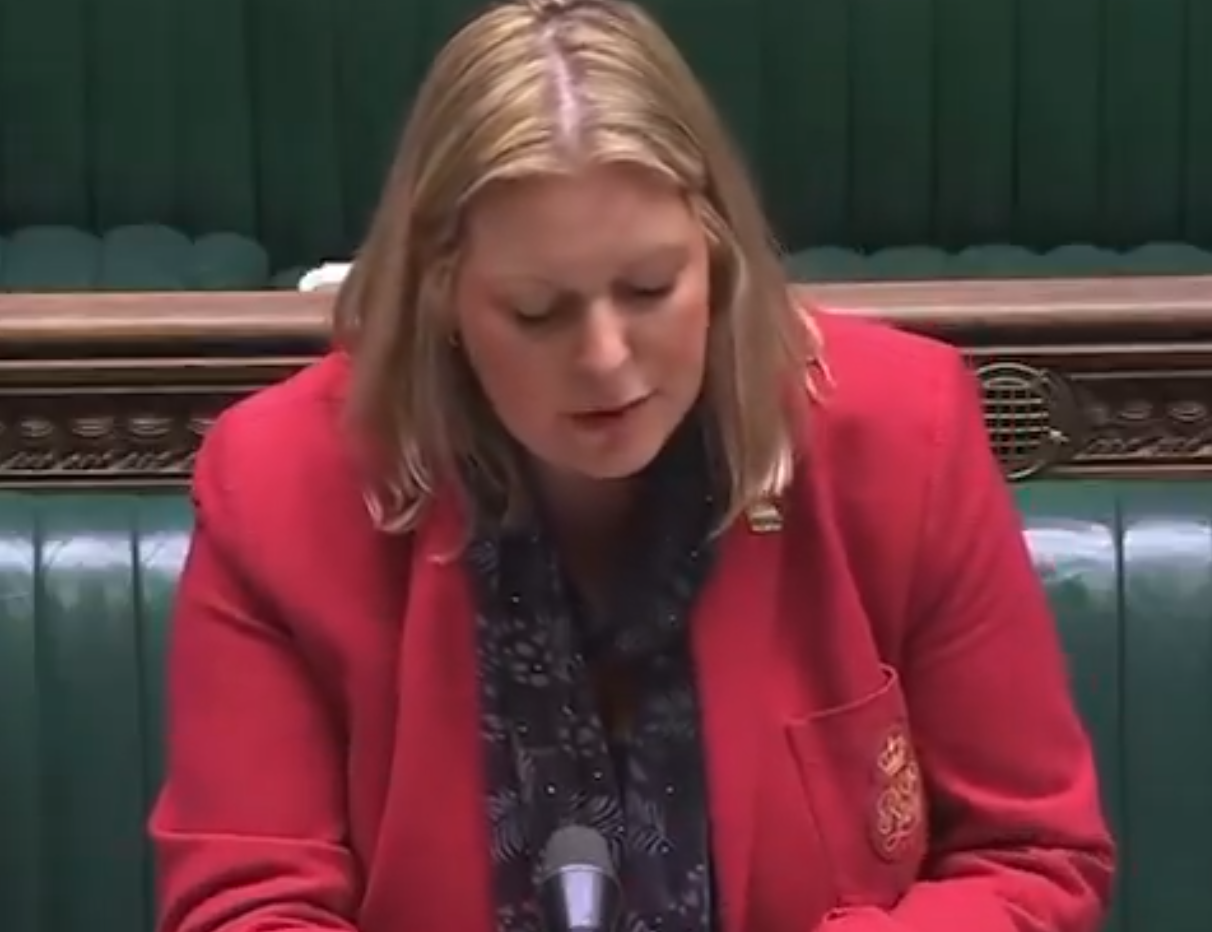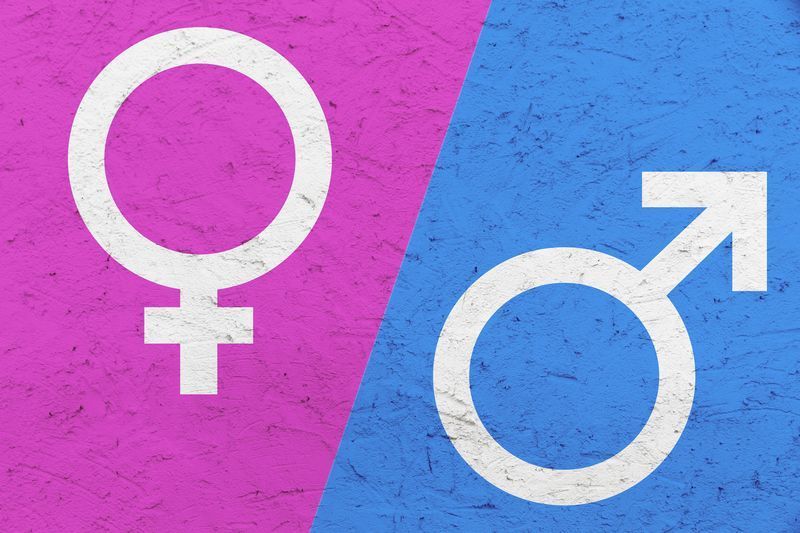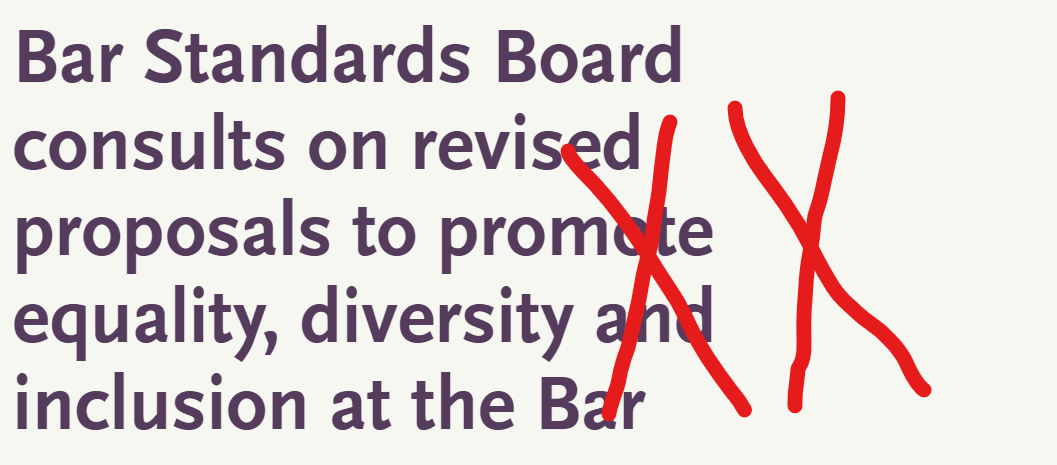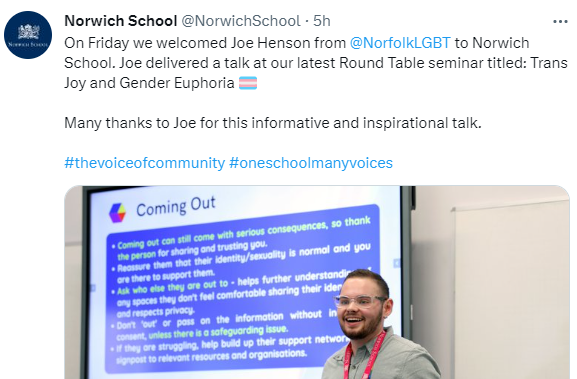Non-Binary Gender Identities: who cares?

Published 25 May 2022
We do, and you should too.
Some of you will have watched the debate that took place on Monday 23rd May in Westminster Hall. If you would like to know what a 'Westminster Hall debate' is, then see footnote*
These debates can provide valuable insight into what MPs are thinking on various issues and the one that took place this week was no exception, although speakers did stray a long way from the actual topic of the debate.
It's worth watching or reading the whole 90 minutes, but I want to concentrate on the topic it was supposed to be about; the petition here: 'That this House has
considered
e-petition 580220, relating to legal recognition of non-binary gender identities.'
Here is the petition text:
“Make non-binary a legally recognised gender identity in the UK
Have non binary be included as an option under the GRP (Gender Recognition Panel)/ GRC (Gender Recognition Certificate), in order to allow those identifying as non binary to be legally seen as their true gender identity. As well as having ‘Non-binary’ be seen as a valid transgender identity.
There is no option of ‘Non-binary’ on legal forms, ignoring members of the population. This requires the government to pass a law that publicly recognises ‘Non-binary’ as a part of the GRP under the Gender Recognition Act, a.k.a a legal and valid gender identity option. By recognising Non-binary as a valid gender identity, it would aid in the protection of Non-binary individuals against transphobic hate crimes, and would ease Gender Dysphoria experienced by Non-binary people.”
There is a lot to unpack there.....
It appears that what is being asked for is for the state to recognise a 'third sex', or to have the legal right to have no sex at all. To be sexless.
Lets, for now, ignore the 'true gender identity' and 'valid transgender identity' rabbit holes (definitions, anyone? Anyone?) and concentrate on the legal implications of what is being asked for.
Our regular readers will know that a Gender Recognition Certificate effectively changes a person's 'legal sex', subject to exceptions outlined in the Equality Act 2010. It does not give someone a 'legally recognised gender identity'. Those of us who have been in the trenches for some time are well aware that this obfuscation, this use of sex and gender as interchangeable attributes, is a hallmark of 'trans demands activists' or TDAs.
What the TDAs are demanding here, is the right to have no record of their sex at all. And that is a dangerous road to go down.
Sex is one of the nine protected characteristics for good reason. It is something over which we have no control; I had no more control over being born female than I did over the parents I was born to, or the colour of my eyes. Unlike eye colour though, being born female comes with a whole load of baggage.
Our sex affects us at every point in our lives, and it certainly matters in law and policy. People, male and female, are sometimes treated in different ways due to their sex; sometimes for good reason, such as in healthcare provision, and sometimes for a bad reason, such as women having their potential reproductive capacity held against them in the workplace.
So how does someone calling themselves 'non-binary' have any effect on women? Well, here at CFW we have no issue with anyone calling themselves whatever they like. On this we agree with JK Rowling: “Dress however you please. Call yourself whatever you like. Sleep with any consenting adult who’ll have you. Live your best life in peace and security.”
But if people are allowed to have no sex at all, or to have a legal status of 'non-binary' then yes, we do have a problem. Because that means every single one of the rights we have as women and girls, to single-sex services, spaces, sports, and opportunities go right out of the window.
These are often called 'sex-based rights' as shorthand, though I do like the
Legal Feminist interpretation:
“What are “sex based rights”? What do women mean by the phrase – and do we even have them?
A pithy answer is that they are the remedy to sex based wrongs, perhaps – depressingly – a far more readily identifiable set.”
So, some questions:
- Which single-sex domestic violence refuge does someone who has no legal sex use?
- Which single-sex toilet and changing facilities does someone who has no legal sex use?
- Which single-sex sports team does someone who has no legal sex play on?
- Which single-sex arts prize or academic scholarship can someone who has no legal sex win? We are already seeing numerous examples of such things open to 'women, those who identify as women and non-binary applicants'.
- How do we address the specific needs of women and girls if we will no longer have access to accurate data because some people want to have no sex at all?
- Where does this leave the Equality Act 2010 and the protected characteristic of sex?
Will the TDAs answer? Don't hold your breath......
We will hear people (and we know that many of these will be male people) saying 'I don't have a sex so none of your rules apply to me'. We know these 'rules', that men can be excluded from our spaces, services, sports, and opportunities, are there for good reasons. To provide women and girls with dignity, privacy, safety, and a level playing field in sport and other spheres.
This is not just a fad that has no implications for the rest of society; the consequences are clear. Listen to or read what three Conservative MPs contributed to this debate, and ask your MP where they stand.
We have no choice when it comes to our sex; but don't let us make the choice to sleepwalk into a world where it is erased.
Nick Fletcher MP
“Many of the people I have spoken to have said that they supported the petition because they feel that, at present, they do not exist. I want the community of people who feel that they are non-binary to know that, of course, I accept that they exist. I see them; I hear them; I feel for them; and I want to help them. I say to them, “We are a tolerant nation and we accept you as you are.”
It does not follow, however, that the law should be changed to reflect the way that certain individuals feel. No matter where anyone sits on this subject, their opinion should be respected.”
Miriam Cates MP
“To recognise non-binary as a gender identity in statute would be a mistake, separating law from reality and putting vulnerable children at risk. I echo the comments made by my hon. Friend the Member for Don Valley (Nick Fletcher): this is a debate about people, and I fully recognise that there are many people in this country who identify as non-binary and should absolutely be accepted.
However, this is a matter of putting ideology into law, and we should resist that.”
Tim Loughton MP
“Frankly, anybody who has the audacity to question any of these things, as I just have, is faced with the cancel culture, which is so utterly damaging and absolutely does not help the population as a whole. It certainly does not help women, and it does not help the gay and lesbian population, who feel greatly restricted by much of this.
This argument and the terminology in the petition are, I am afraid, about the creeping blurring of language and a conflation of and around sex and gender. That threatens to erase the recognition of males and females—of men and women.”
Notes:
*There are different types of Westminster Hall debates:
On Tuesday and Wednesdays, MPs can apply for a debate and these are allocated by a ballot arranged by the Speaker's Office. Debates in Westminster Hall take place on ‘general debate' motions expressed in neutral terms. These motions are worded ‘That this House has considered [a specific matter]'. Votes do not take place but any MP interested in the issue can come along and speak.
On Thursdays debates are either requested by MPs and determined by the Backbench Business Committee, or are on select committee reports chosen by the Liaison Committee.
The other category is a 'petitions debate', and these take place on Mondays. The Petitions Committee can determine whether a sitting should take place in Westminster Hall to consider one or more petitions or e-petitions.
https://petition.parliament.uk
If a petition gets 10,000 signatures, the government will respond, usually with a brief written statement.
If a petition gets 100,000 signatures, it will be considered for debate in Parliament.
https://www.parliament.uk/get-involved/sign-a-petition/e-petitions/







